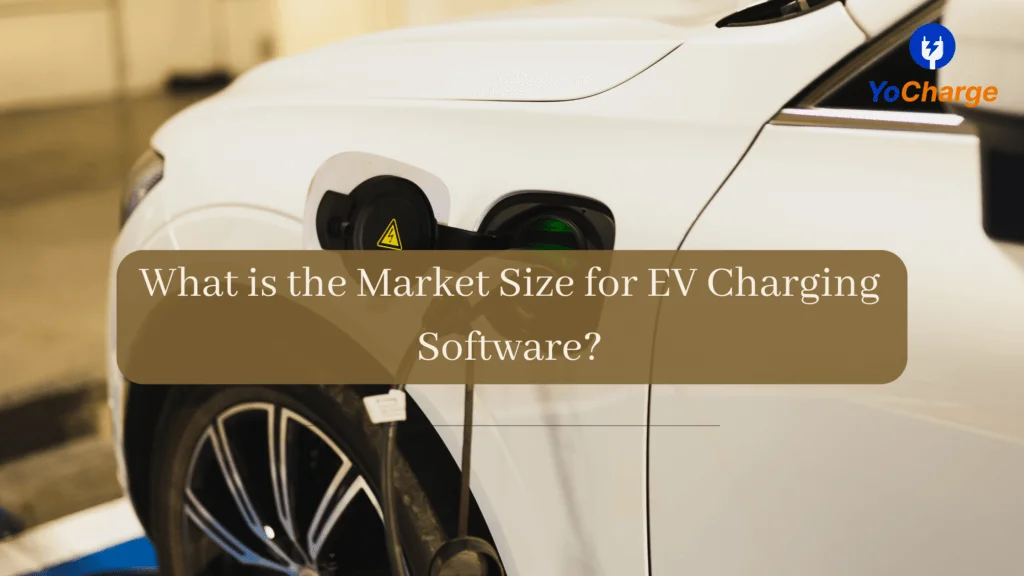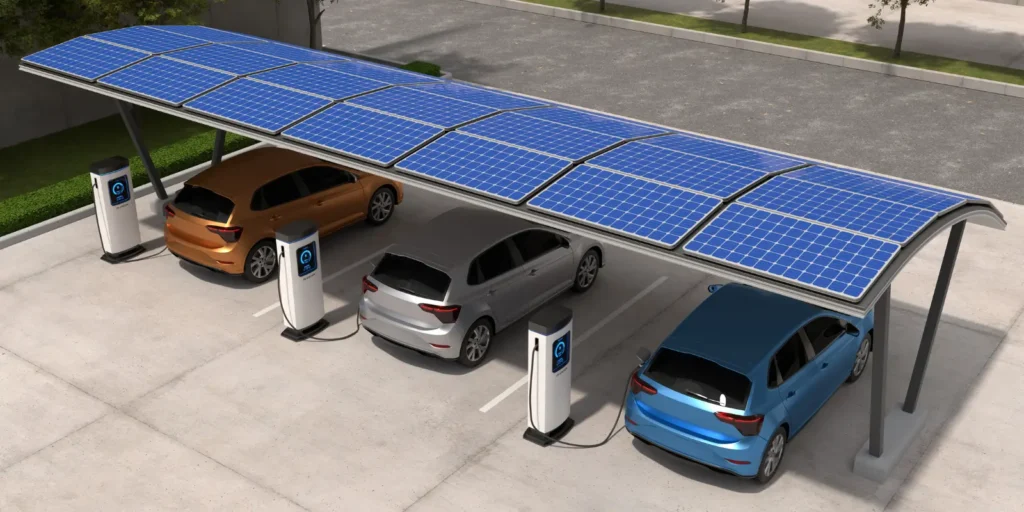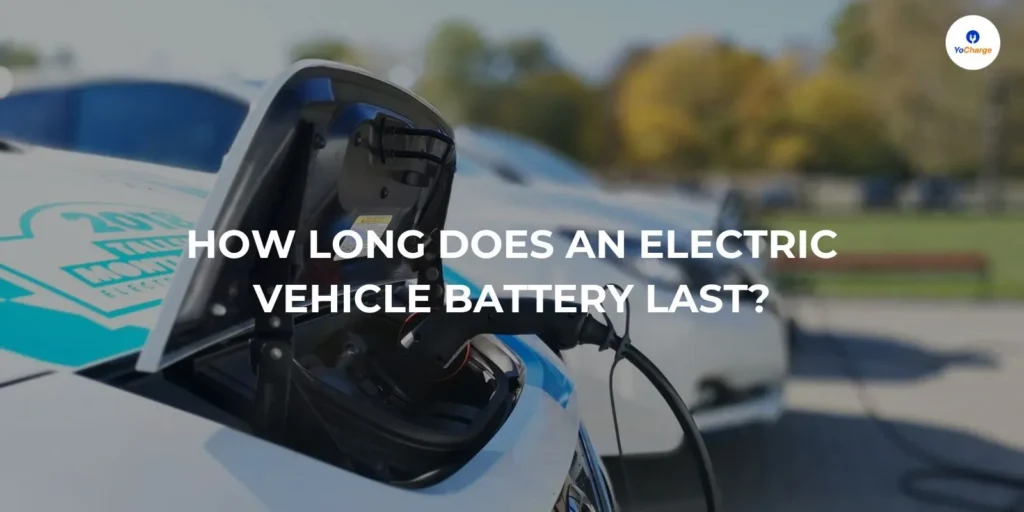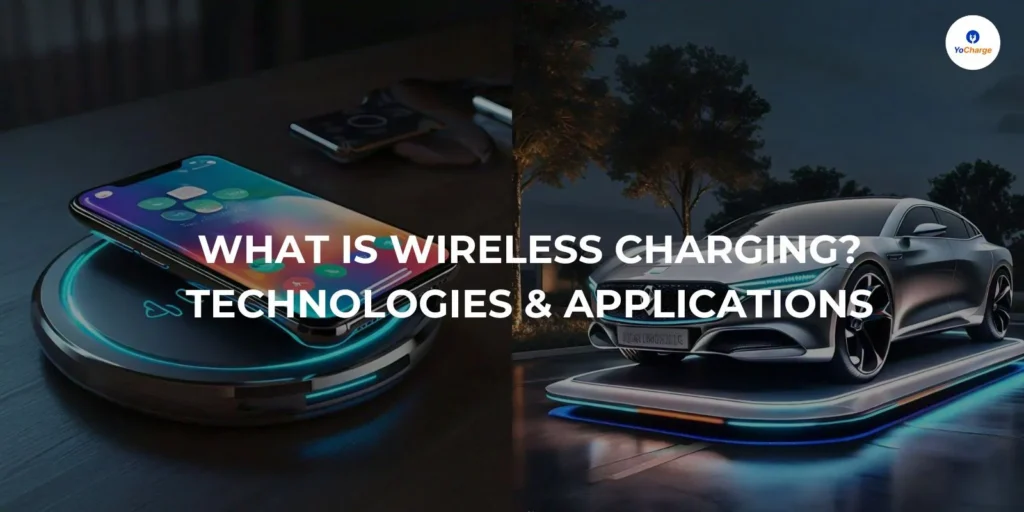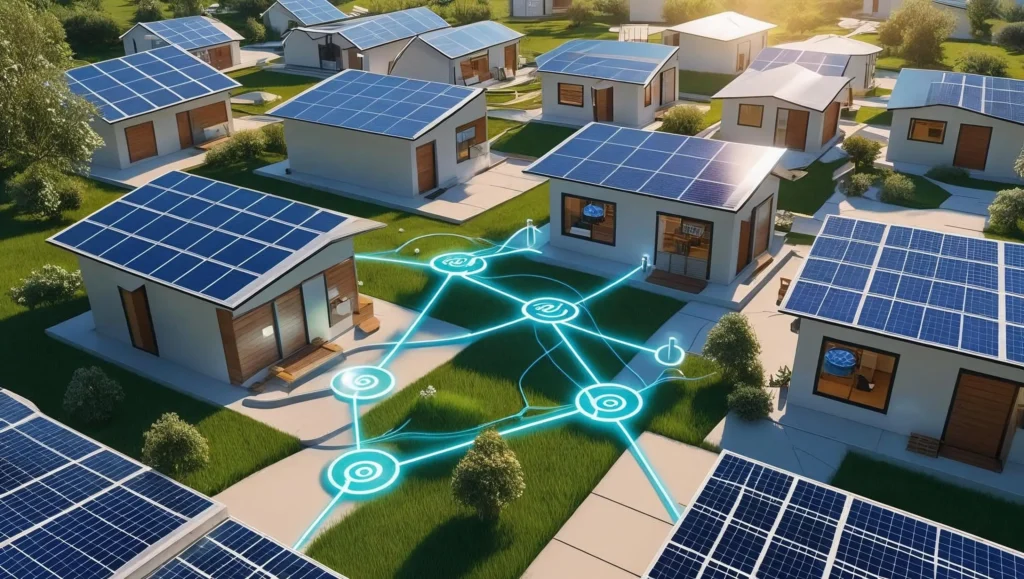
Imagine a world where your rooftop solar panels don’t just power your home—they power your neighbour’s car, your local grocery store’s freezer, or even a nearby school. The idea is simple, just like sharing home-grown vegetables over the fence clean energy flowing directly from your household to another. That’s the basic premise and promise of Peer-to-Peer P2P Electricity Trading.
Conventionally, the sources of electricity generation such as coal, hydel or nuclear required massive investment, were limited to geographic availability and so much of generation was centralised and the power was transmitted from these central generators to consumers across geographies. As energy generation becomes increasingly decentralized and renewable (particularly the solar power), P2P trading is unlocking a new layer of community-driven sustainability. Enabled by smart meters, digital platforms, and in many cases, blockchain technology, this model allows individuals and businesses to buy and sell electricity directly, creating local energy marketplaces that are more efficient, resilient, and fair.
In this article, we dive into how P2P energy trading works, why it’s gaining momentum globally, and how it could fundamentally reshape the future of energy—putting power, quite literally, back in the hands of the people.
Is it P2P Energy Trading or P2P Electricity Trading:
In general discussion, you will find both P2P energy trading & P2P electricity trading being used colloquially, however, there is difference between two terms:
- “P2P Electricity Trading” specifically refers to the direct buying and selling of electricity, measured in the actual power measured in kilowatt-hours between generators (prosumers) and consumers, while,
- “P2P Energy Trading” is theoretically a broader term and can include direct buying & selling of any form of energy including electricity, heat or gas etc. However, as most literature, market platforms, and technology providers focus on electricity and buying & selling of other forms of energy like heat or gas is a rare-setting, the terms “energy” and “electricity” are used interchangeably.
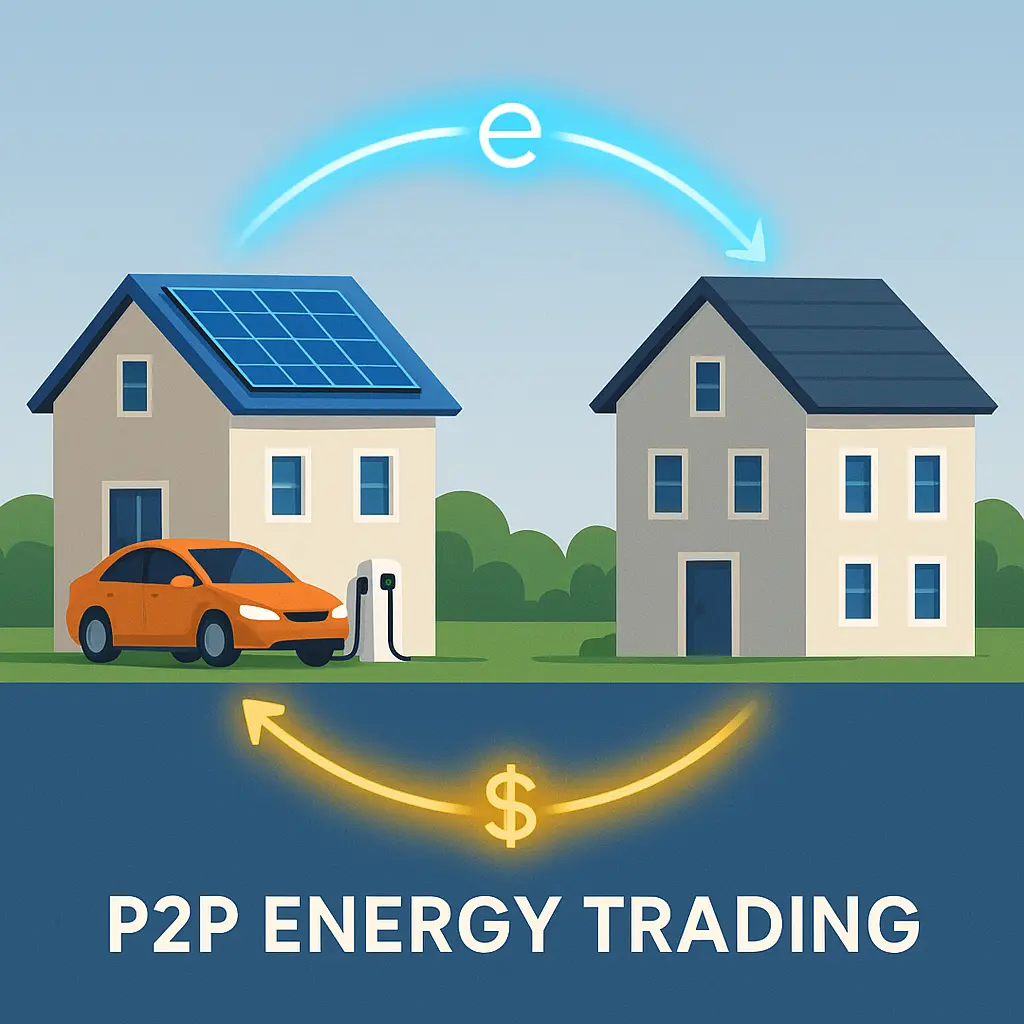
What is P2P Electricity Trading ?
Peer-to-peer P2P Electricity trading is a decentralized system that enables individuals and organizations—often called “prosumers” because they both produce and consume electricity—to directly trade energy with one another.
P2P Energy Trading is an emerging energy market model where individuals and businesses can buy and sell electricity directly with one another.
P2P approach decentralizes energy production and distribution and differs from traditional energy models where electricity flows from large, centralized power plants through the grid to passive consumers.
How it works ?
- Participants with renewable energy sources (such as rooftop solar panels or wind turbines) generate electricity.
- When these prosumers have excess energy, they can sell it directly to others in their community or network who need it, instead of feeding it back to the grid at less favourable rates.
- Trading is typically managed on digital platforms or marketplaces, often utilizing blockchain technology for secure, transparent, and automated transactions via smart contracts
Role of Block-Chain in P2P Electricity Trading
Blockchain plays a foundational role in P2P electricity trading by enabling secure, transparent, and decentralized transactions between participants without need of any central authority (like a utility or grid operator). For example, if the solar power plant on your rooftop generates excess electricity or you electric car is sitting idle then blockchain-enabled smart contracts automatically sell this surplus energy to interested buyers, balancing demand and supply locally and enabling your monetise your energy assets.
| Role | How Blockchain Enables It |
|---|---|
| Decentralization | Direct trades, no central authority intermediates transactions |
| Transparency & Trust | Verifiable, immutable public ledger for every trade |
| Automation (Smart Contracts) | Auto-execution and real-time settlement of trades |
| Security | Tamper-proof transaction records with cryptographic backing |
| Market Coordination | Real-time matching of supply and demand |
| Renewable Tracking (Source of Power) | Transparent tracing and certification of renewable generation |
| Smart Grid Integration | Combining with IoT for automated data and responsive grid control |
P2P Electricity Trading initiatives across the globe.
P2P Electricity Trading is still in early stages, there are multiple key global references and real-world implementations of energy trading that are shaping the future of decentralized energy systems.
Australia – PowerLedger
- Type: Blockchain-based P2P energy trading platform.
- Use Case: Enables households with rooftop solar to sell excess electricity to neighbors.
- Tech: Blockchain, tokenization (POWR token).
Power Ledger was founded in Australia in 2016. It is a P2P energy trading scheme that employs blockchain technology to facilitate market trading and clearing mechanisms. It is intended to enable residential and commercial units in the grid or act as microgrids on their own to share their excess energy at their desired price. <ref>
USA – Brooklyn Microgrid by LO3 Energy
- Type: Community-based P2P electricity trading pilot.
- Use Case: Residents buy and sell locally generated solar energy within their neighborhood.
- Tech: Blockchain-enabled smart contracts.
The Ethereum-based photovoltaic energy trading platform called the Brooklyn Microgrid emerged as a demonstration project in April 2017, in Brooklyn, New York. The project involved 50 Brooklyn residents, who installed solar panels and sold excess energy. The platform allows prosumers to decide whether to engage in P2P trading of their self-generated solar energy, store the excess energy in an online or offline storage device, or use the energy for household purposes.
In other words, prosumers with solar panel installations generate electric energy and can sell their excess energy to other consumers. The energy transactions among neighbours are monitored by a blockchain network, with household smart meters indicating activities of energy production and use.
Germany – SonnenCommunity
The SonnenCommunity was founded in Germany in 2016. It is a platform for renewable energy trading. The sonnenCommunity is geared towards using a central software connecting and keeping track of all community members to achieve an equilibrium between the supply and demand of energy.
UK – Piclo Flex
- Type: Local flexibility market platform.
- Use Case: Helps grid operators procure flexibility services from distributed energy resources (DERs), including batteries, EVs, and smart appliances.
- Not purely P2P, but supports distributed market models.
Piclo was founded in response to the increasing energy consumption from commercial consumers and the proliferation of independent suppliers of renewable energy. The platform macthes user demand to a close-by generator based on preferences and locations, as well as offering customers data visualisations and analytics at intervals of half an hour.
The energy supplier Good Energy is responsible for the provision of contracts, data metering, billing, customer service, and marketplace information. Such data are helpful in customer interaction, proving sustainability or provision of rewards for the purchase of renewable energy via Piclo Flex—an independent marketplace. <ref>
UK – Electron
- Type: Blockchain-based energy platform.
- Use Case: Transactive energy and grid flexibility services.
- Partners: EDF, National Grid, UK Power Networks.
Lithuania / EU – WePower
- Type: Renewable energy trading marketplace.
- Use Case: Enables corporations to buy energy directly from green energy producers using tokenized contracts.
- Tech: Blockchain smart contracts.
Netherlands – Powerpeers
- Type: Digital energy community.
- Use Case: Consumers choose their preferred renewable energy producer (e.g., a friend’s solar rooftop).
- Backed by: Vattenfall (a large utility).
Vattenfall founded the social media energy platform Powerpeers in the Netherlands in 2016. It was the first digital and interactive marketplace in Europe, aiming to integrate supply and demand for self-generated energy at a local level.
The Powerpeers platform facilitates the selling and buying of energy, with customers being allowed to choose their personal supply mix from up to ten distinct sources, which are completely transparent, and they can also invite friends to participate in energy sharing. Producers can be selected according to location, type of energy, or description, and there are no restrictions on producer choice, provided that supply is still available. Moreover, customers can change their mind about their preferred producers every day. <ref>
P2P Energy Trading & YoCharge
YoCharge is actively collaborating with Electricity Distribution Companies in select geographies to implement cutting-edge Peer-to-Peer (P2P) Energy Trading frameworks. These initiatives go beyond traditional solar integrations by incorporating a diverse mix of distributed energy resources—including Solar PV Systems, Battery Energy Storage Systems (BESS), and Electric Vehicles (EVs)—as active, bidirectional assets within the local grid.
At YoCharge, we believe the future of energy is local, autonomous, and user-driven. Our platform not only empowers Charge Point Operators (CPOs) to efficiently monitor and manage their EV charging infrastructure, but also—where regulations permit—enables them to purchase electricity dynamically at preferred rates. This helps optimize operating margins and maintain strong returns on investment.
Powered by advanced machine learning algorithms, YoCharge CMS forecasts energy demand patterns in real time, enabling CPOs to proactively source electricity and ensure network stability, cost-efficiency, and optimal charger uptime.
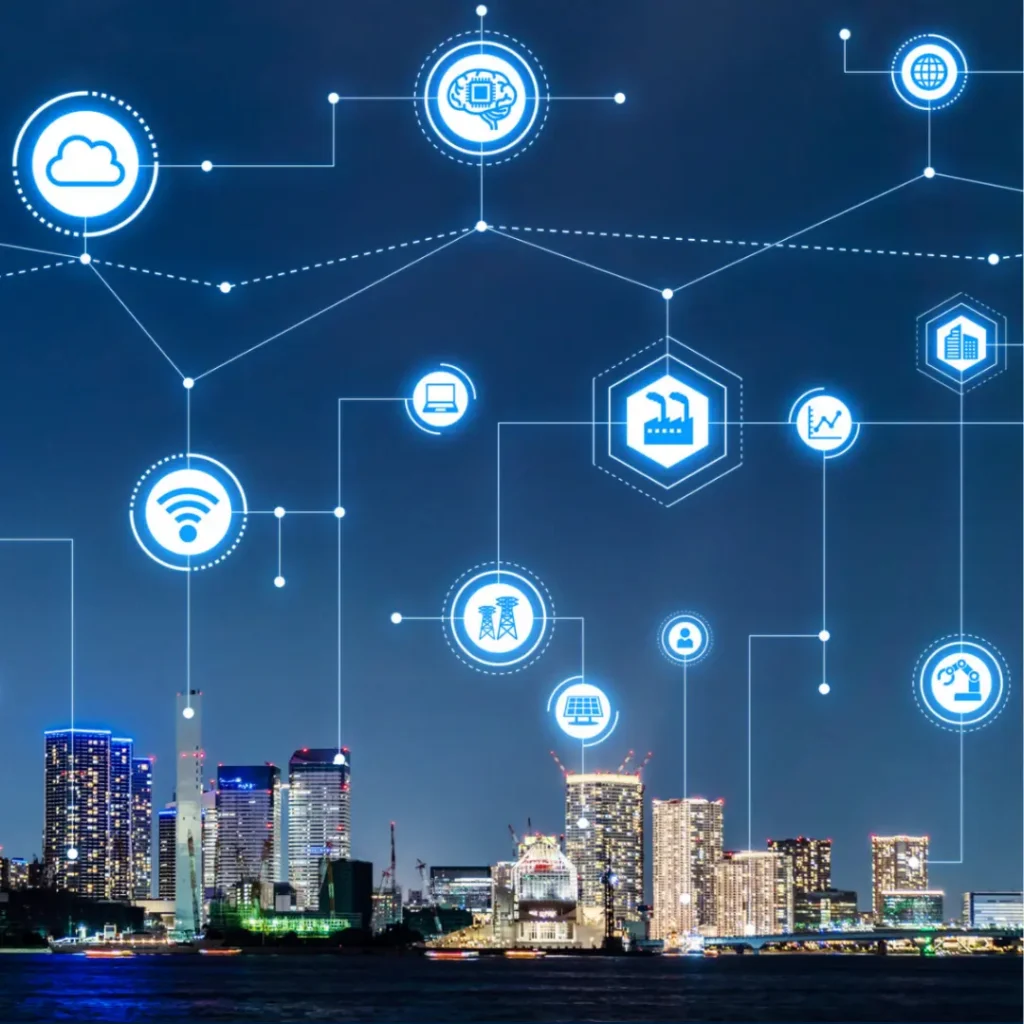
Connect with Us
If you are an Electricity Distribution Company, looking to pilot P2P Energy trading in your geography. Connect with us below:
or
